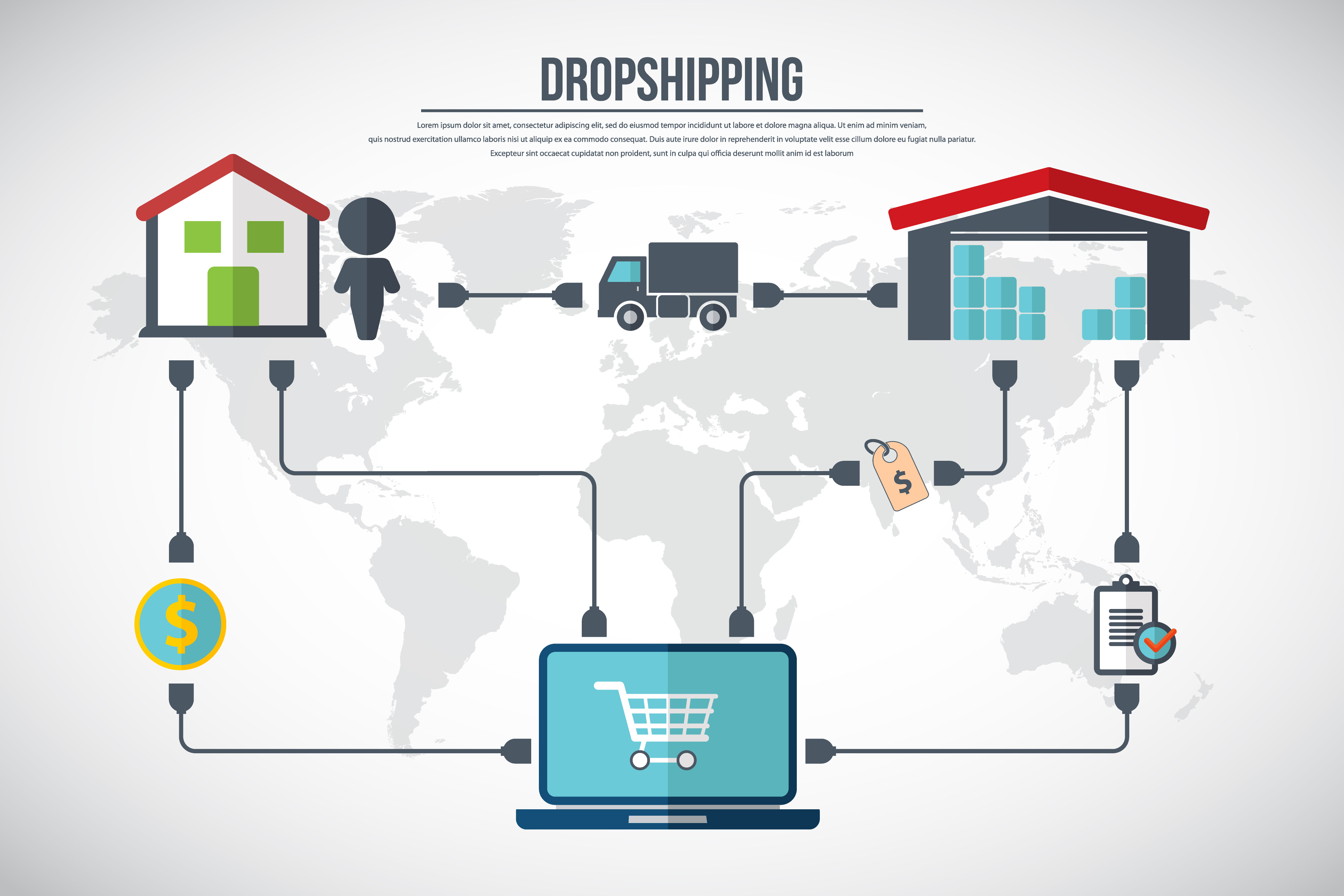The digital age has changed the way we purchase products and services, with e-commerce sitting at the leading edge of this transformation.

In this thorough evaluation, we will explore the advancement of online commerce, its present condition, and the appealing potential customers that wait for.
E-Commerce Soaring to New Heights
The term e-commerce, which represents electronic commerce, pertains to the procedure of getting and selling product and services through the internet, as well as the exchange of cash and information to perform these deals. Over the years, e-commerce has actually undergone significant changes given that its origin in the 1990s, leading to a significant change of the retail industry and how customers behave.
Formerly, electronic commerce was simply a complementary element of the conventional in-person shopping encounter. Nevertheless, due to technological development and shifts in consumer inclinations, it has surged to develop itself as a fundamental influence in the retail sector. The ease of online shopping, along with the prevalent use of smartphones and fast web connections, has transformed e-commerce into not just an alternative however regularly the favored way of looking for countless consumers around the world.
The Current State of E-Commerce
E-commerce has progressed beyond mere online transactions, now encompassing a broad array of interconnected aspects. Contemporary e-commerce landscapes involve a diverse method, consisting of marketing, logistics, payment systems, and client support, all working in consistency to develop a seamless and effective online shopping experience.
Sellers use information analytics to provide tailored shopping experiences, suggesting items according to previous purchases and browsing patterns. The development of mobile commerce, or m-commerce, has made shopping on the relocation a regular event. Merchants are embracing omnichannel retailing, combining conventional and online shopping experiences, making it possible for clients to purchase items online and gather them in-store, or the other way around.
The Role of Data in E-Commerce

Data has actually ended up being the lifeline of the e-commerce industry. With every click, browse, and purchase, customers leave a trail of data that can be analyzed to enhance the shopping experience. Sellers leverage this information to:
Gain insight into consumer habits and preferences
Tailor advertising and marketing strategies
Streamline inventory control
Anticipate patterns and client needs
By harnessing the power of huge information, e-commerce companies can make informed decisions that drive sales and improve consumer satisfaction.
Dominating Obstacles in Online Commerce
In spite of its extraordinary development, e-commerce still deals with various obstacles that need to be dealt with:
Cybersecurity: As the volume of online deals increases, so does the threat of cyber threats. E-commerce companies should implement robust security measures to protect client data and preserve trust.
https://issuu.com/ideaecom/docs/eformula_review and Delivery: Efficient logistics are essential for prompt delivery, which is a crucial expectation for online buyers. E-commerce companies need to continuously innovate to improve supply chain management and last-mile shipment.
https://sco.lt/9IBNj6 : It is crucial for e-commerce platforms to deliver impressive customer support order to keep consumers and foster brand name loyalty. The timely and effective resolution of customer questions and problems needs to be a concern.
Online Shopping's Bright Horizon
We can expect a wide variety of chances in the future of as it will be formed by advancements in technology and shifts in customer practices.
The online shopping experience is set to be revolutionized by Augmented Reality (AR) and Virtual Reality (VR) technologies. These technologies will enable consumers to see items in a real-life context before they choose to buy them.
Synthetic Intelligence (AI) will continue customizing the shopping experience to specific clients, leveraging chatbots and virtual assistants to create a more engaging and efficient procedure.
Sustainable Practices: As consumers become more environmentally mindful, e-commerce services will require to adopt sustainable practices, including environment-friendly packaging and carbon-neutral shipment options.
Leveraging E-Commerce for Business Success
To stay competitive in the ever-evolving e-commerce landscape, services should focus on:
- Optimizing User Experience: Ensure that the online shop is easy to use, responsive, and simple to navigate.
- Embracing Mobile-First Strategies: With the bulk of customers going shopping on mobile phones, a mobile-first approach is necessary.
- Investing in Technology: Stay ahead of the curve by embracing the current e-commerce technologies and innovations.
Conclusion
The world of online shopping has evolved significantly because its beginning, and it appears that it will continue to reinvent our shopping routines in the years to come. Business that grasp and get used to the emerging patterns and barriers in e-commerce will flourish in this digital realm of commerce.
The future of e-commerce is poised for significant growth, thanks to the incorporation of innovative technologies and a concentrate on sustainable practices. ecommerce apple -new period of digital commerce promises to bring exciting developments for both companies and customers, as the market continues to progress and develop.
In the years ahead, successful e-commerce endeavors will be identified by their ability to remain upgraded with the most recent modifications and adjust their methods accordingly. It is very important to acknowledge that the e-commerce market is continuously developing and being prepared to make required modifications will be important.
